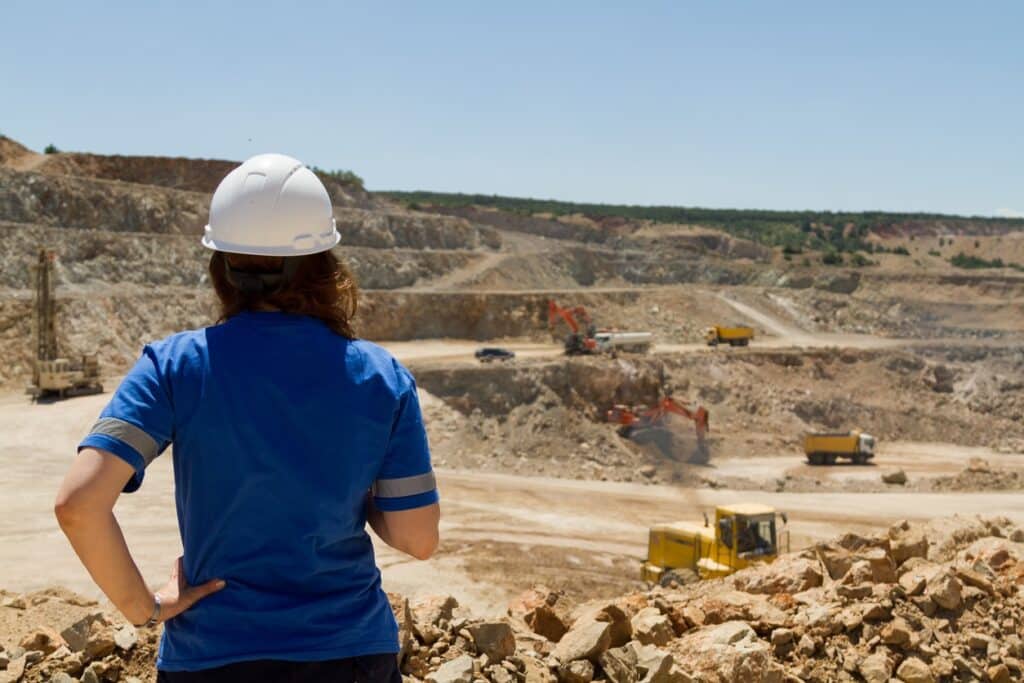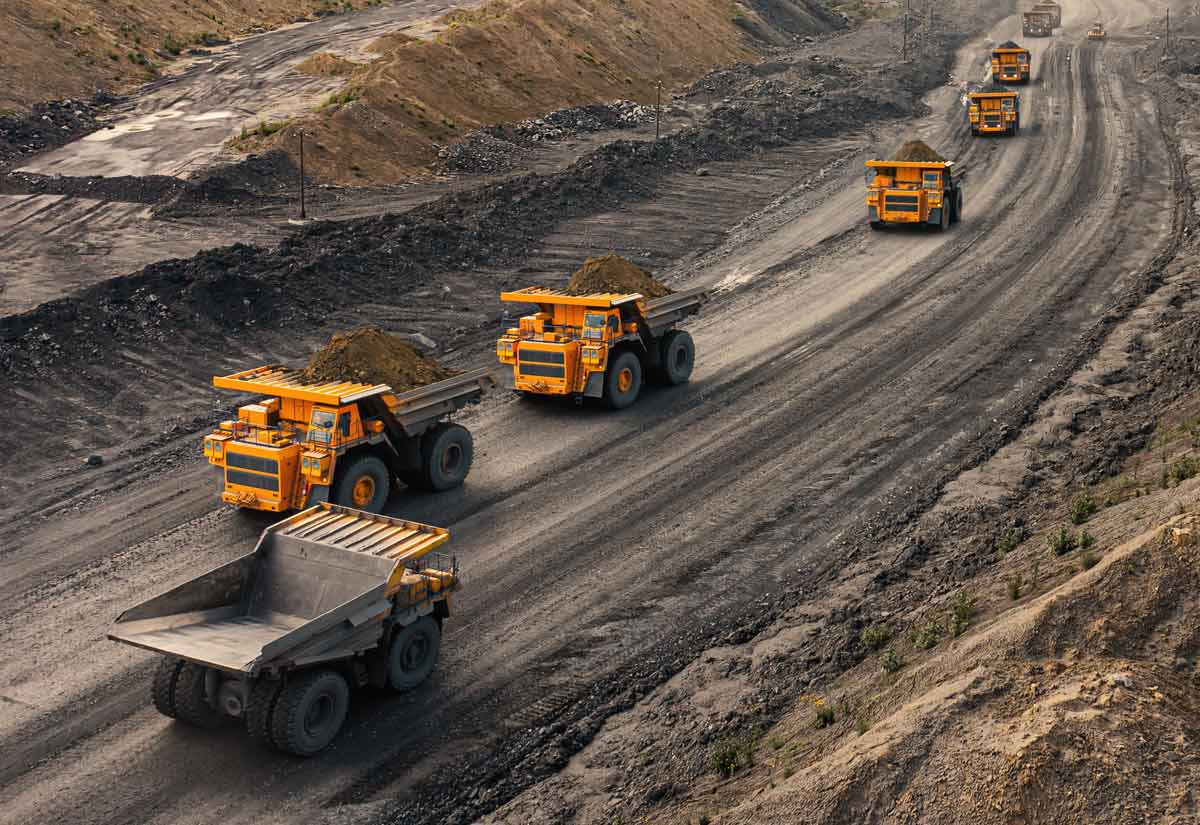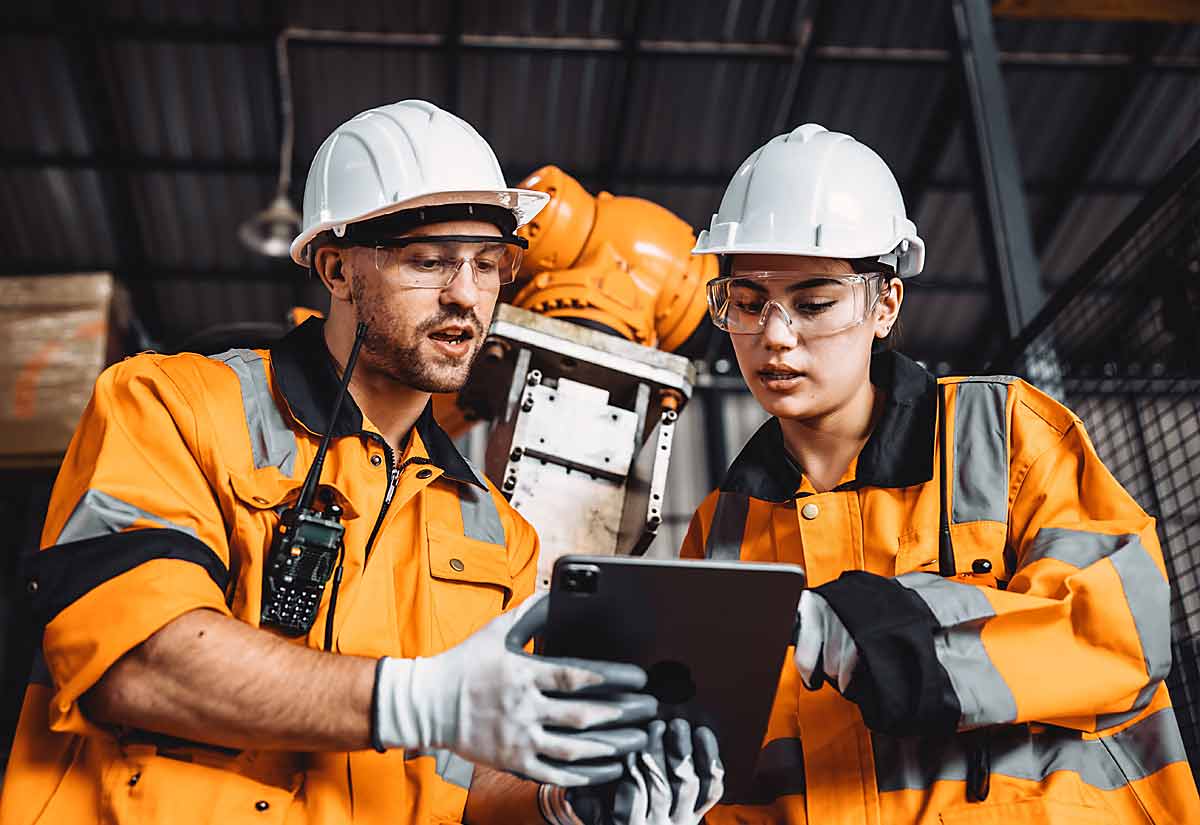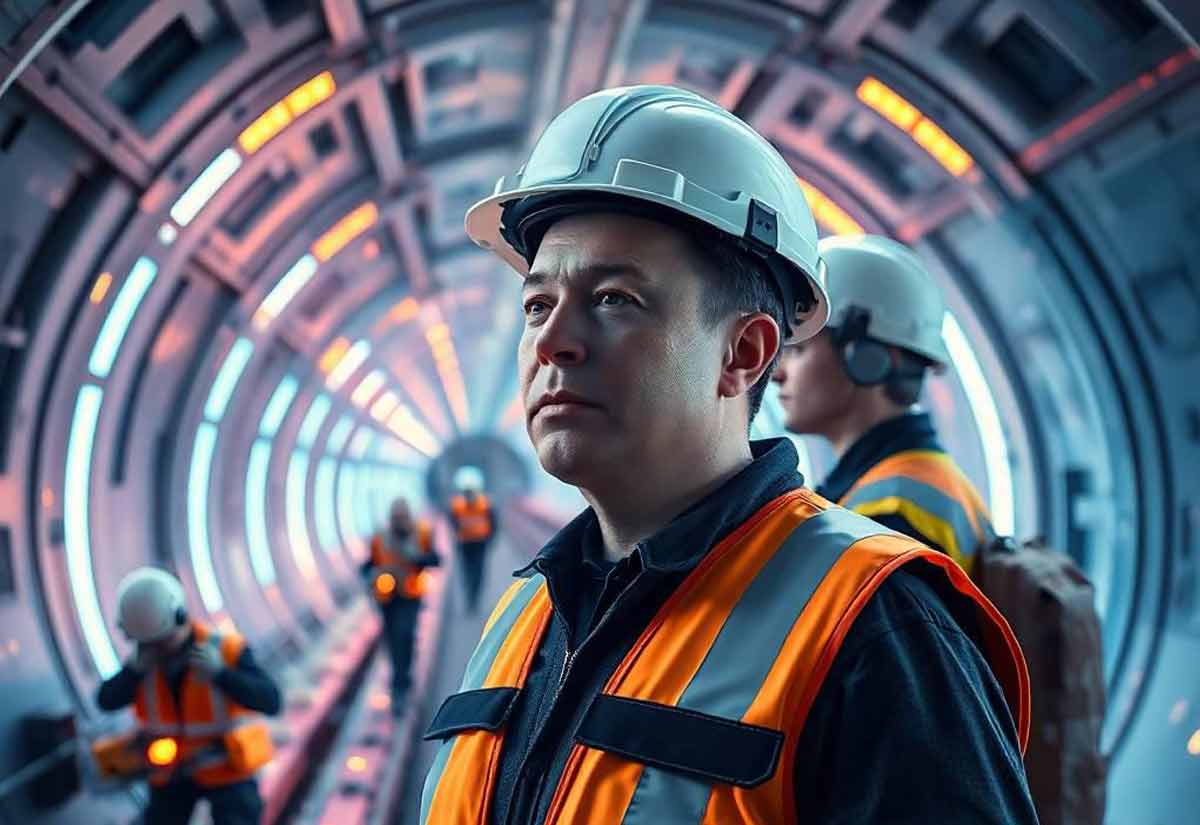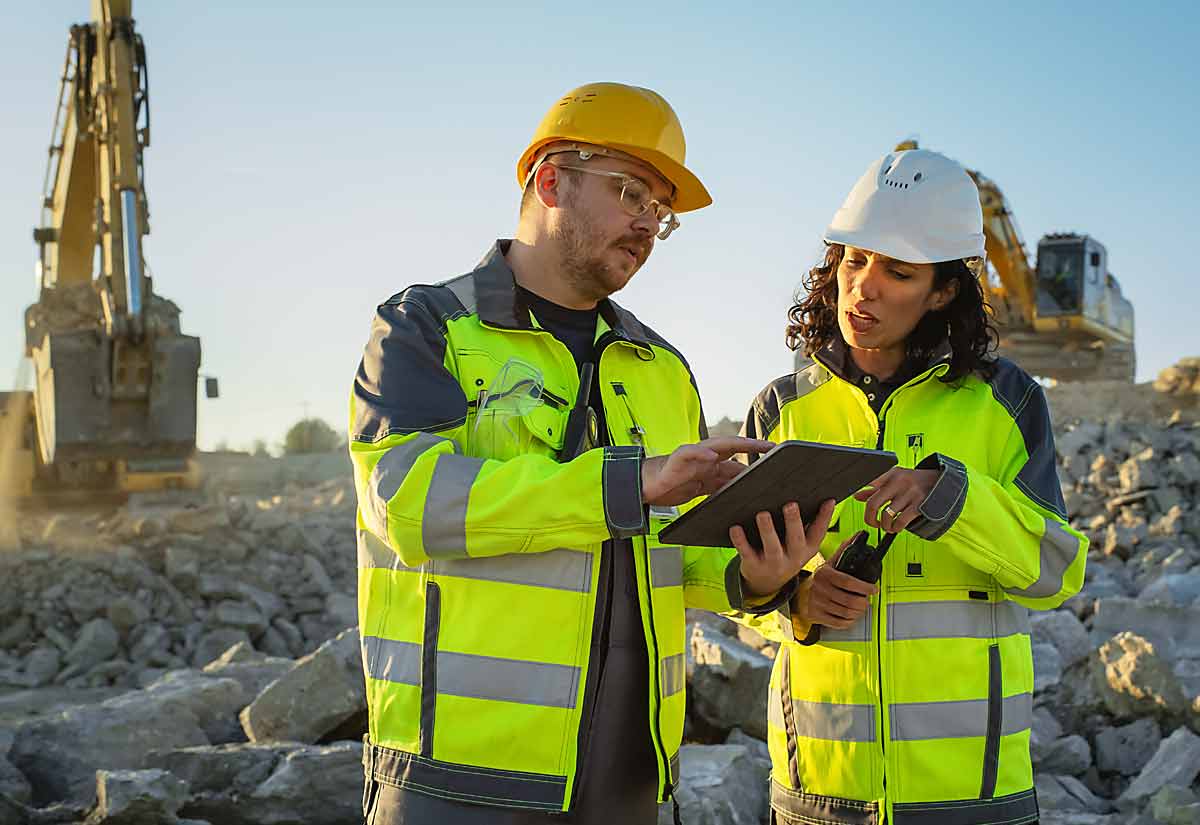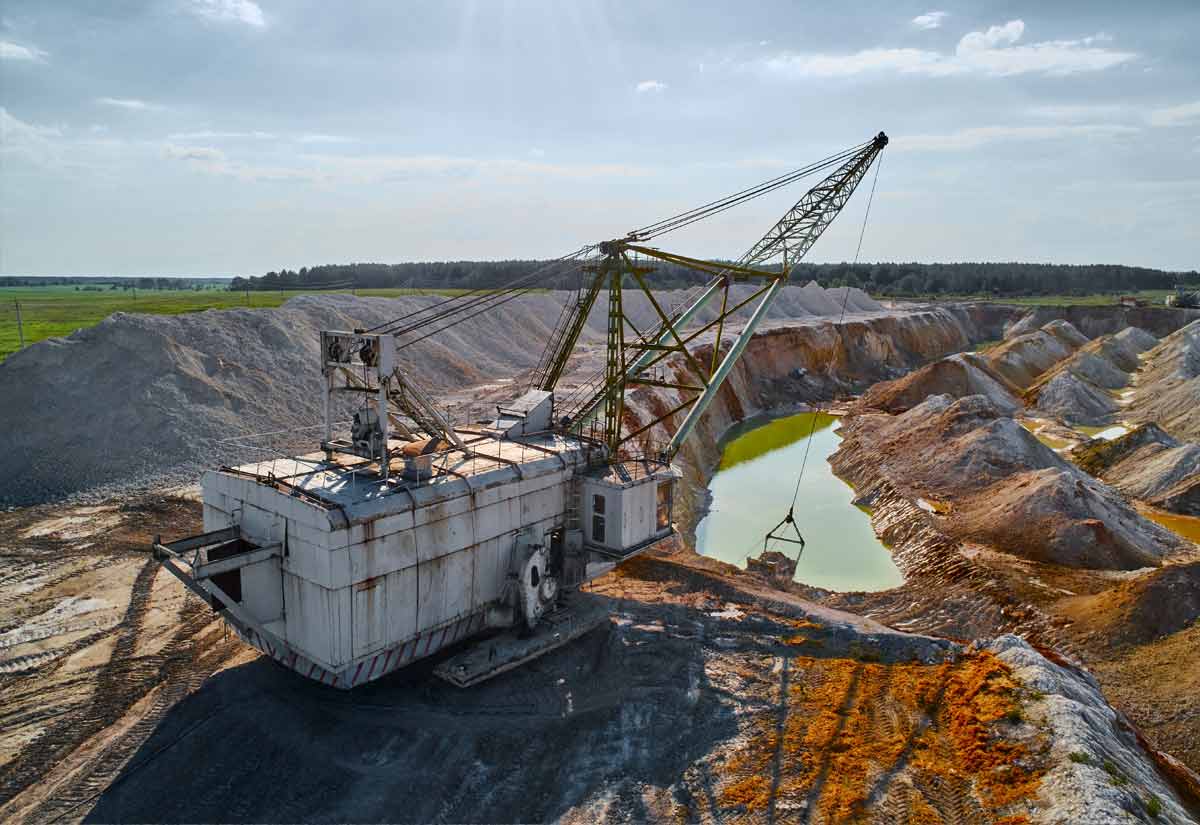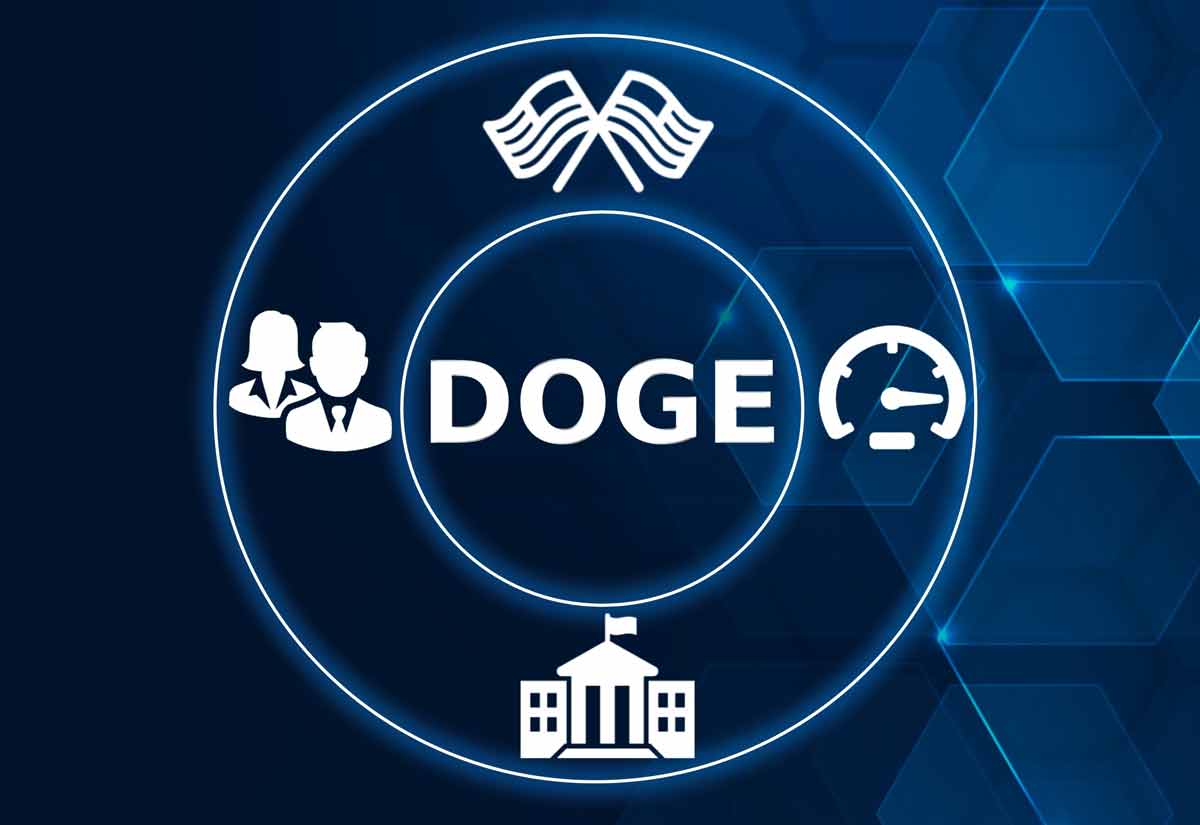Trying to decide a future career path can be a difficult one. You may not be geared for the office setting, but instead, love being outdoors and working with your hands. The mining industry has had some life breathed into it from a recent relaxation of policy regulating this industry. Approached appropriately, a career in mining, particularly Mining or Geological Engineering, could be a profitable and rewarding career.
What is the Labor Outlook?
The Bureau of Labor Statistics rates the job outlook for Mining or Geological Engineers to grow by 8 percent from 2016 to 2026. This will keep pace with average growth for all occupations. Obviously, the career demands created in the mining industry will correspond to the demand for its resources.
What are the Duties?
Mining and Geological Engineers are tasked with designing open-pit and underground mines, like rock quarries or coal mines, respectively. Tasked with constructing a mine that is safe and operates efficiently can be a heady project. If you enjoy a challenge, this obviously qualifies.
These are just a few of the duties you would expect to perform as a Mining or Geological Engineer:
- Supervise mine shaft construction and tunnels
- Develop logistics for transporting minerals to the processing plants
- Monitor the effectiveness of mine operations
- Identify and provide solutions for water and air pollution, land reclamation, and sustainability
All of the duties listed have a vital impact for ensuring a successful and safe operation for human capital.
Additionally, it is important to ensure attention is given to be more sustainable regarding the environmental impact of surface or underground mining. One company has developed an ingenious system for generating electricity while transporting bauxite ore downhill from a mine to the rail station. In an effort to be more sustainable, the mining industry has embraced innovations that protect the environment, like reducing waste and acid rock drainage.
Also, in an effort to practice good stewardship, the mining industry developed closure and reclamation processes that demand engineers do their part to protect the land, reduce water consumption and air pollution; returning the ecosystem to an acceptable state for use by nature and humans.
Work Environment
Mining isn’t just digging in a hole. There are test labs utilizing robots in climate controlled areas or you could be onsite for a gas extraction or engineering firm near a city or in a remote location.
Although, you may find yourself temporarily behind a desk, working outside in all types of weather is inevitable.
Soft Skills
Since you’ll be working in a dangerous environment, soft skills like emotional intelligence and likeability are important qualities for the mining industry. The more you think like the boss and know what is required of you, the more safely and efficiently the mine will operate.
Here are some qualities you will need to navigate the mining industry:
- Analytical skills for evaluating new mine locations and designing facilities.
- Decision-making skills because of the influence you will exert over mine production to the safety of workers.
- Logical-thinking skills to put work plans into a logical, coherent sequence.
- Problem-solving skills to handle obstacles that manifest during mining construction, processes, or reclamation projects.
How to Become a Mining or Geological Engineer?
To prepare for a mining or geological engineering career, you have to be good at STEM subjects.
And be prepared to take lots of it! A bachelor’s degree program in mining engineer will include physics, thermodynamics, geology, mine design and safety, and mathematics. A bachelor’s degree in geological engineering will include, geology, chemistry, physics, mathematics, and fluid mechanics. You could expect to have classroom study, laboratory, and fieldwork.
Either program you enter should be ABET accredited. Entry-level positions do not require licensure to work as a mining or geological engineer. However, for those who like to excel at anything they put their hand to, a Professional Engineering (PE) license opens the door for leadership and independence within the industry, like overseeing other engineers or signing off on projects.
Licensure varies from state to state, but below are some general requirements:
- ABET-accredited engineering program degree
- Passing the Fundamentals of Engineering exam
- Typically 4 years of relevant work experience
- Passing the PE exam
Review your respective state’s requirements for licensure or continuing education requirements. Reciprocity does exist between most states where licensure is required, provided your license meets or exceeds their state requirements.
Compensation
With all the schooling and possible student loan debt, what compensation could you expect as a mining or geological engineer?
As of May 2017, the Bureau of Labor Statistics states the median annual wage was $94,240. The lowest 10 percent compensation pay was less than $54,700, with the highest 10 percent making more than $160,320. All in all, not a bad return on your college investment over a few years of working in the industry!
This is an exciting opportunity for the next generation of tech-savvy, environmentally conscious workers seeking a career that keeps the economy going, not only in America but internationally. There is an element of satisfaction knowing that your efforts in college will pay off in the long run, not only to ensure your good success but having an impact on the economy and environment.
Resource Erectors is committed to bringing you the latest hiring trends and news in the mining industry. To learn more about our recruiting services, or to join the conversation, connect with us today.
